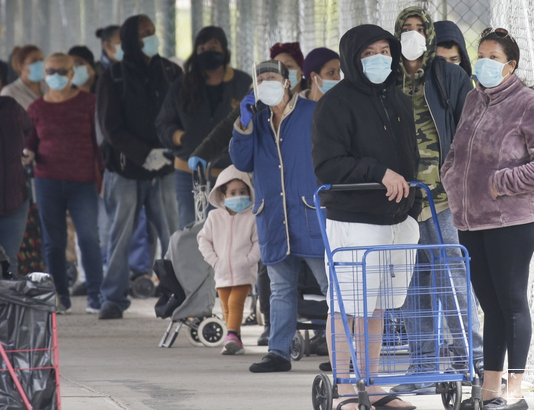Are you struggling with how to evict someone who is not paying you rent? How to get rid of a tenant who is not paying is already enough of a headache before having to deal with the challenges of the Covid pandemic. Each state has their own laws for removing someone who won’t pay. Every state also has unique rules for dealing with the Covid virus, and how you can evict someone during the Covid pandemic. Florida, for example has a moratorium in place that that prevents any landlord from taking action to evict a tenant during Covid at the present time. In fact, the Governor DeSantis just extended the existing moratorium to expire on September 1, 2020.

What is a “moratorium on eviction”?
The moratorium signed by the Governor essentially puts the brakes on all residential eviction proceedings. No one can start an eviction, and any that were in the courts stop in place.While the moratorium is a relief to renters who are financially strapped or out of work due to the coronavirus, it puts a growing burden on mom and pop property owners who rent out a house for additional income. You as the landlord still have bills you need to pay. Your mortgage company still expects to receive a payment every month, and not making the payment on time will certainly negatively affect your credit rating and over time will put you at risk of foreclosure. You have insurance to pay, property taxes, ongoing maintenance, and lawn care, too. None of your bills go away even when your renter stops paying you the rent.

When your tenant is not paying rent due to Covid, not only do you not have the cash you need for the property, you also struggle with losing the income that helps with your family budget. Many individual landlords use the rental income to supplement other income they have. If collecting rent is a large part of your monthly income, then having one or more tenants who stop paying rent related to the coronavirus can have a drastic effect on your finances.
What can I do if my tenant stops paying? When will I be able to evict? Will the moratorium get extended again?
Some renters genuinely experience a job loss or a work reduction, and will work in good faith to get caught up as soon as they can. Other tenants may not be able to get caught up, and some may just be looking for a free ride for as long as they can get it.
Common Concerns for Landlords during Covid
- What if my tenant never pays me?
- Is my renter taking advantage of me?
- Will I just have to eat months of unpaid rent?
- Why doesn’t a PPP loan protect landlords?
- How long will eviction take once I am finally allowed to start the process?
What can I do, my tenant is not paying rent due to Covid?
- PAYMENT PLAN. Most people feel bad about being late with payments. Often just creating a dialogue eases the situation where you can better understand your tenant’s financial situation. Ask them what amount they can pay on weekly basis, for example.
- AGREEMENT TO LEAVE. Let them know you understand they did not plan on having their income cut due to Covid, and at the same time you have bills that continue to add up. Offer to pay them cash to leave, and pay them ONLY after they have vacated and signed a release saying so. You get your house back much quicker, and usually it costs less once it is all said and done.
- WAIT TO PERFORM a COVID EVICTION. Unfortunately, there is no sure way to know when the moratorium will end, how much damage the tenant might do to your property, and how long an overburdened court system will take to move along an eviction case.
- SELL THE HOUSE. There is no moratorium on selling. Are you a tired landlord, unsure of what the future holds and do not want to deal with the headaches of renters that tear up your house and won’t pay? Even though most real estate agents do not want the hassles of your tenants, you can get a Covid-safe Cash Offer to sell, even with tenants who are not paying the rent.
With no end in sight for the struggles and strains caused by the pandemic, the smart landlord will remain calm and act with care. It may seem that tenants have leverage over property owners. Do your best to to look at the big picture and make safe choices for the long term.

